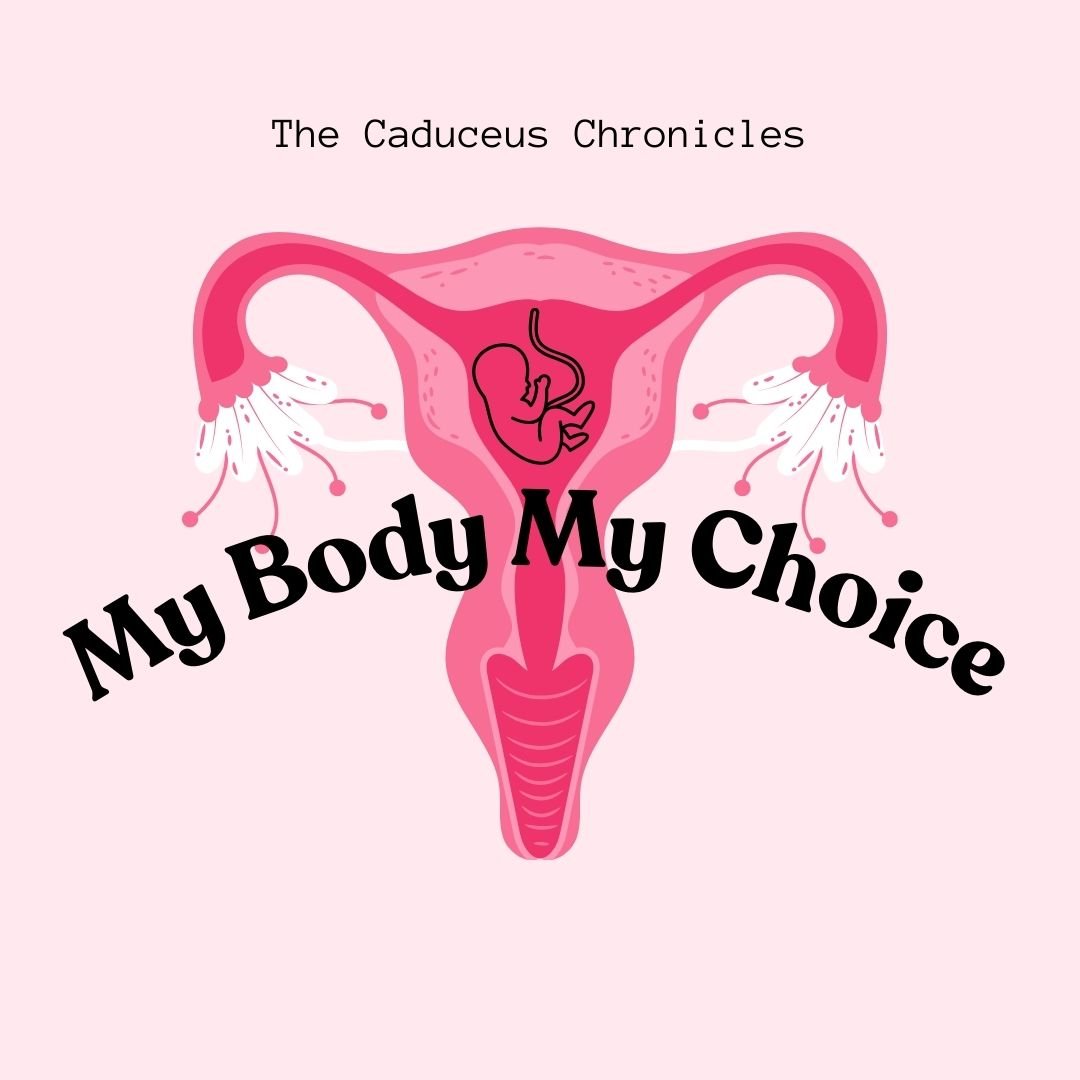
Oklahoma Hospital Denies Emergency Abortion, Prompting Federal Complaint and Legal Battle
Jaci Statton, a 26-year-old woman, filed a complaint that an Oklahoma hospital improperly denied her an emergency abortion. She learned she was pregnant in early 2023 and began experiencing severe pain and nausea. Doctors in Oklahoma eventually told her that she had a partial molar pregnancy, which, if left untreated, could cause hemorrhaging, infection, and even death. Despite the severity of her condition, providers told Jaci that they could not provide an abortion until she was actively crashing or on the verge of a heart attack. However, providers told her that they could not provide an abortion until she was actively crashing in front of them or on the verge of a heart attack, and the best they could offer was to let her sit in the parking lot until her condition worsened enough to qualify for an abortion under the state's strict ban.
Jaci Statton's complaint arose from the stringent abortion restrictions that went into effect in Republican-led states after the Supreme Court revoked the nationwide right to abortion in 2022. The Biden administration's denial of Statton’s claim is the latest development in the ongoing scrutiny over how to apply the Emergency Medical Treatment and Labor Act (EMTALA) in the wake of the Supreme Court ruling that overturned Roe v. Wade. This case underscores the uphill legal battle reproductive rights advocates face when pushing back against state abortion bans.
The complaint was filed with the U.S. Department of Health and Human Services under EMTALA, which states that hospitals must provide abortion services if the mother’s life is at risk. At the time, President Joe Biden's administration said EMTALA supersedes state abortion bans that don’t have adequate exceptions for medical emergencies. Despite the Biden administration's stance, the Department of Health and Human Services denied the complaint, stating that the Oklahoma hospital did not violate federal law.
This case sheds light on the ongoing debate and legal battles surrounding access to abortion and the application of EMTALA in the context of state abortion bans.
Jaci Statton's complaint arose from the stringent abortion restrictions that went into effect in Republican-led states after the Supreme Court revoked the nationwide right to abortion in 2022. The Biden administration's denial of Statton’s claim is the latest development in the ongoing scrutiny over how to apply the Emergency Medical Treatment and Labor Act (EMTALA) in the wake of the Supreme Court ruling that overturned Roe v. Wade. This case underscores the uphill legal battle reproductive rights advocates face when pushing back against state abortion bans.
The complaint was filed with the U.S. Department of Health and Human Services under EMTALA, which states that hospitals must provide abortion services if the mother’s life is at risk. At the time, President Joe Biden's administration said EMTALA supersedes state abortion bans that don’t have adequate exceptions for medical emergencies. Despite the Biden administration's stance, the Department of Health and Human Services denied the complaint, stating that the Oklahoma hospital did not violate federal law.
This case sheds light on the ongoing debate and legal battles surrounding access to abortion and the application of EMTALA in the context of state abortion bans.
